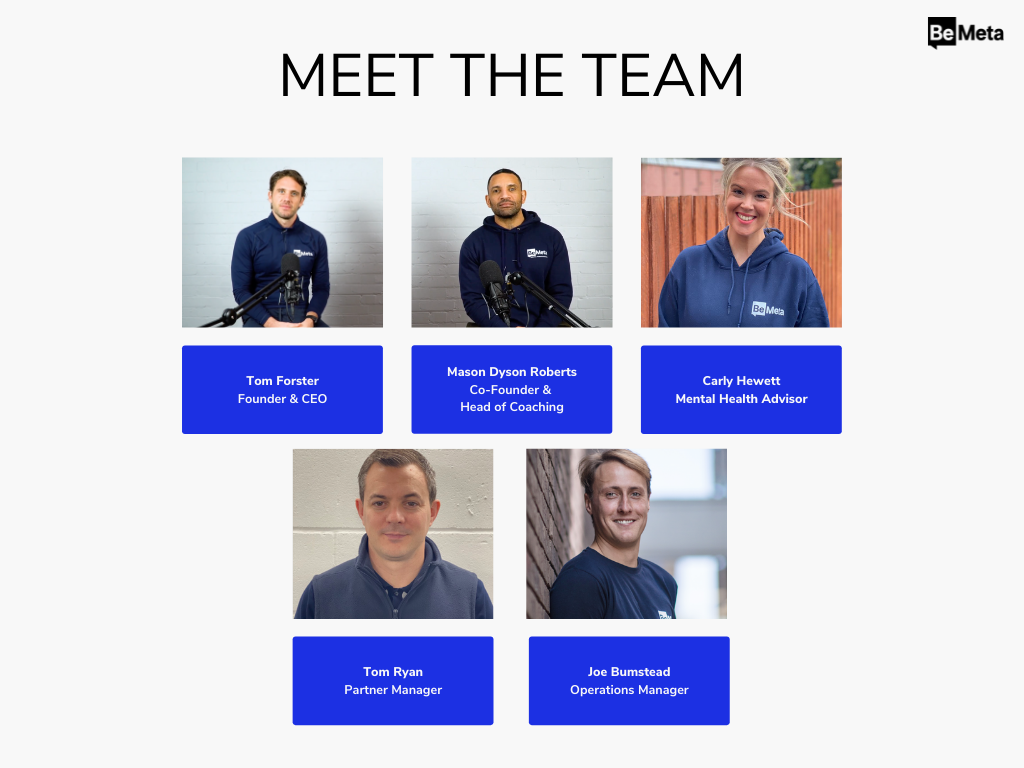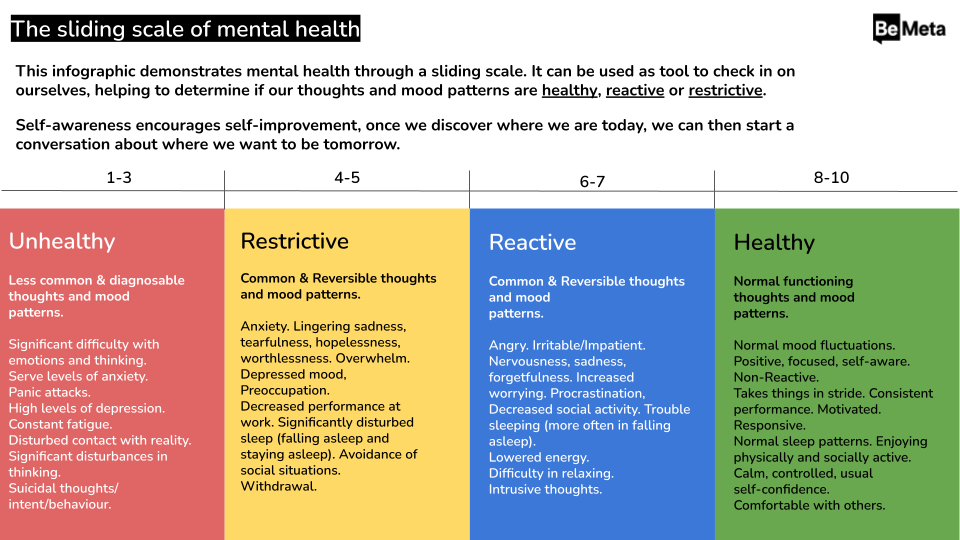Mental wellbeing in the construction industry is an issue that has finally started to attract desperately-needed attention in recent times, though there is still a long way to go before we get to where we need to be.
One of the biggest issues that the industry has struggled to address is understanding exactly how to provide workers with the support they need. As part of a nationwide survey ahead of World Mental Health Day last year, poor mental health in construction had reached an all-time high, yet only 6% of people said they had received sufficient support from management and HR.
If we are to tackle the mental health crisis, a key part of the strategy must be addressing the problems early, or ideally, before they even arise.
We caught up with Tom Forster, founder of BeMeta, an organisation dedicated to fighting the stigma that is often still attached to seeking help for our mental health, offering vital coaching services and training solutions that redefine the way we recognise, value and improve mental health both at work and in our personal lives.

How BeMeta are combating the stigma
BeMeta specialises in providing vital, proactive coaching and training support to those working in the construction industry, aiming to shift the narrative surrounding the topic and encouraging people to treat their mental fitness the same way they would their physical fitness.
Their aim is to empower individuals to change their mindset, to speak up when they need to talk and give their mental health a voice. Because mentally fit individuals help to create a mentally fit industry, which is better for everyone.
Through a combination of group coaching and one-to-one sessions, BeMeta shares tools to fuel better mental fitness and emotional resilience on an individual level, while also improving workplace culture and ultimately boosting company performance.
From March, the company will offer a subscription model that businesses can opt into. Employees can then anonymously access on-demand courses with live group coaching up to three times per week. By acting as an entirely separate entity to the business, workers can seek the help they need completely confidentially, without the hurdles of having to go through their employer.
Tom’s story
At 22, Tom was working as a self-employed electrician and like so many others, hadn’t given his mental health a second thought.
By 30, he felt drained from his time in the industry and left to pursue a career as a personal trainer. After things didn’t work out, he returned to construction, though that coincided with a period in which Tom was going through difficulties in his personal life.
The combining circumstances had left Tom feeling depressed, though the lack of conversation surrounding this subject at the time meant he didn’t know how to address it. One day while on-site Tom had a panic attack and drilled through his hand. While the first-aiders on site were able to treat his hand quickly, they were unsure what to do when it came to his physical symptoms of anxiety and the panic attack.
From that moment, Tom promised himself that he wouldn’t return to the site until he felt mentally strong enough to do so. That experience also inspired him to train as a mindset coach (NLP), and begin studying Positive Psychology.
Why does the construction industry need this kind of service?
Construction is a male-dominated industry and men are statistically less likely to seek help when it comes to their mental fitness and mental health. This lack of open dialogue surrounding the subject means the sector has fallen behind in embracing services that address and aid better mental fitness and emotional wellbeing.
This is where BeMeta comes in. One of the tools they use is the BeMeta Sliding Scale of Mental Health. This helps encourage people to recognise where they might be spending most of their time when it comes to their thoughts, their mood patterns and what effect it might be having on their mental health.
Tom explained: “This infographic demonstrates mental health through a sliding scale. It can be used as tool to check in on ourselves, helping to determine if our thoughts and mood patterns are healthy, reactive or restrictive.
“Self-awareness encourages self-improvement, once we discover where we are today, we can then start a conversation about where we want to be tomorrow.”
